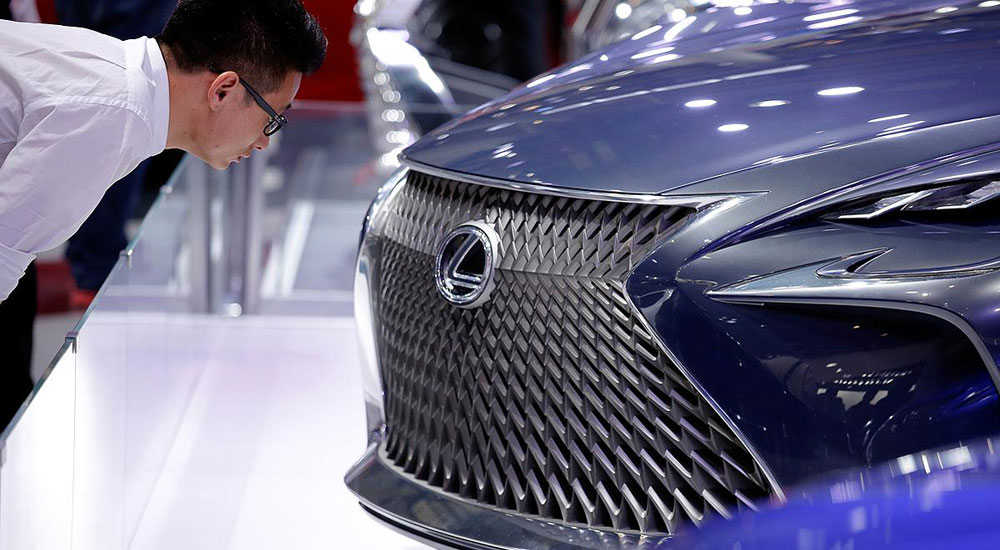According to a report from Reuters, Lexus is considering a move to produce vehicles in China for the local market:
Toyota’s preferred option is to own all or most of a localized Lexus unit, which it could do immediately by building only electric cars. (Lexus has plans for electric battery and plug-in electric hybrid versions of existing models.)
Two of the Toyota insiders said the automaker had identified specific scenarios for localizing Lexus.
“All the preparation has been more or less completed,” one said. “All we’re waiting is a ‘go’ from management.”
Lexus has long maintained that vehicles produced in China would not meet its high build standards, and the commitment to quality has pushed the brand to a niche position in the region — last year, Mercedes-Benz sold about 610,000 vehicles, compared to 130,000 for Lexus.
Even so, the plan does have its detractors:
Opponents inside Toyota also point to China’s lowering tariffs on passenger cars to 15 percent from 25 percent in July as a reason to keep importing Lexuses.
They also note that the nearest Lexus plant to China is at the northern tip of Japan’s southernmost main island of Kyushu — only two days from Shanghai by sea.


Comments